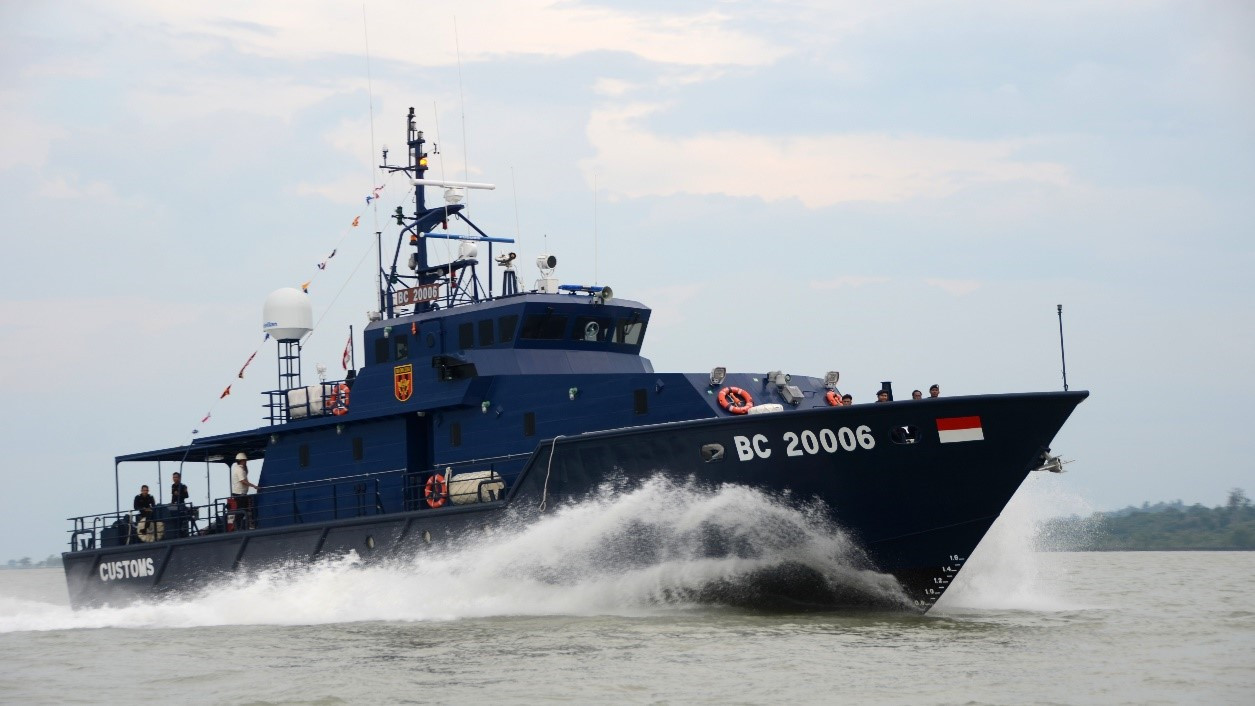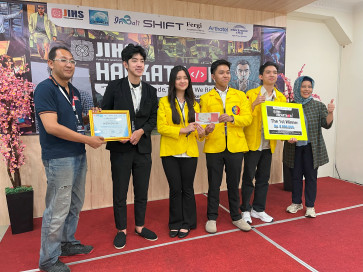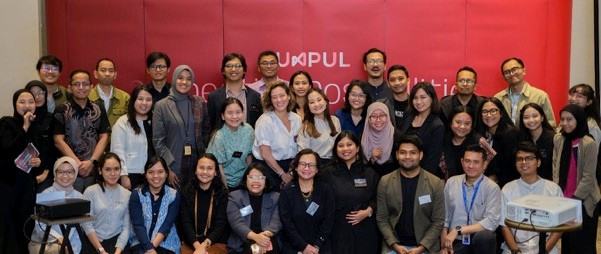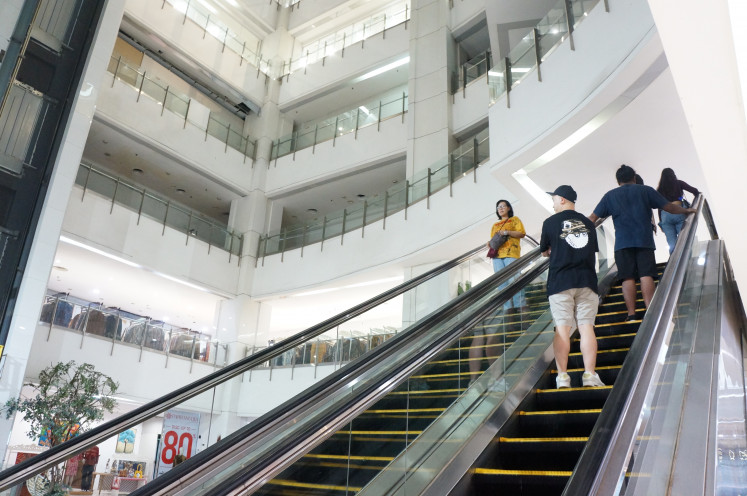Customs and Excise Directorate General explains strict border protection
Indonesian borders are directly linked to neighboring countries such as Malaysia, Singapore, the Philippines, East Timor, Australia and Papua New Guinea.
Change text size
Gift Premium Articles
to Anyone

I
ndonesian borders are directly linked to neighboring countries such as Malaysia, Singapore, the Philippines, East Timor, Australia and Papua New Guinea. Therefore, it is not uncommon for illegal goods to be smuggled into the country.
The Customs and Excise Directorate General, as a branch of the government, has been tasked with protecting the community by keeping these illegal goods from entering Indonesia’s borders. It has the authority to secure national financial interests by supervising goods that pass through the state-border area. One form of supervision the agency employs is sea surveillance, in the form of fiscal sea patrols carried out with the aid of independent, integrated and coordinated schemes.
Head of the Sub-Directorate of Public Relations and Customs Counseling, Hatta Wardhana, said that as regards the COVID-19 pandemic, the sea patrols also aim to prevent the possible spread of the virus into Indonesian waters within the edge of the borders.
"In the first half of 2022, the Customs vertical-work unit, which has a marine-surveillance area, continues to carry out sea patrols independently. In addition, as in previous years, Customs also conducts integrated-marine-patrol operations, with the aid of the codes Jaring Sriwijaya (JS) and Jaring Wallacea (JW) 2022. Both were carried out during two periods: March 23 to April 21, and April 22 to May 21. During these two sea operations, we deployed several Customs patrols in all Indonesian waters," he explained.
He explained that the two operations were instrumental, as the agency was able to successfully prevent nine transactions of various commodities, including 5,000 liters of drinks containing ethyl alcohol (MMEA), 138,369 baby lobsters, 172,000 cigarettes without excise stamps, used clothing, sawn wood without export-customs-notification documents, cash amounting up to around SG$17,000 (US$12,080) and 47 packs of methamphetamine among others.
As some of the goods aforementioned were illegal drugs, Hatta gave an assurance that the Customs agency has a close relationship with the National Police and the National Narcotics Agency (BNN), coordinating high-speed-craft (HSC) management and AIS provisions with the Directorate General of Maritime Relations in the Transportation Ministry.
"The implementation of the JS and JW operations is an expression of the seriousness of the government, in particular the Customs agency, in securing Indonesian waters from smuggling, which can harm the country. Furthermore, the implementation of these two sea operations reveals the unity of effort and synergy between agencies, proving that there is no overlap of authority in law enforcement at sea, because every law-enforcement officer continues to carry out their respective duties and functions according to the law," he concluded.









